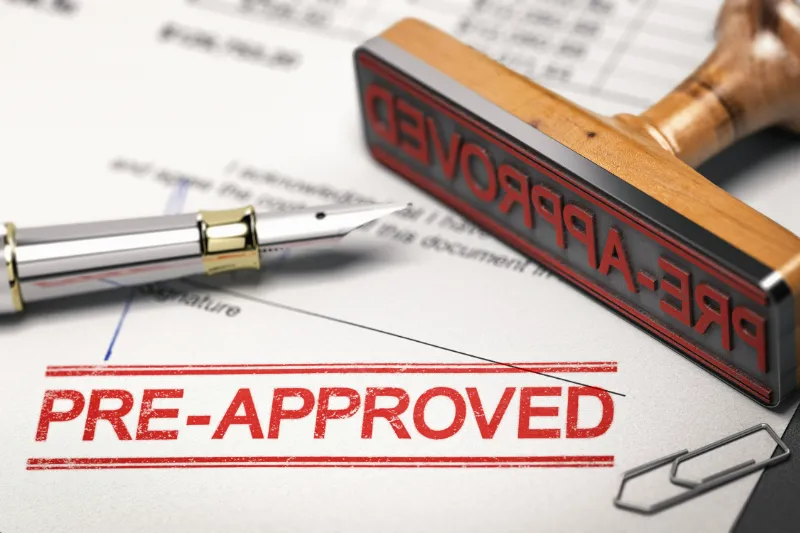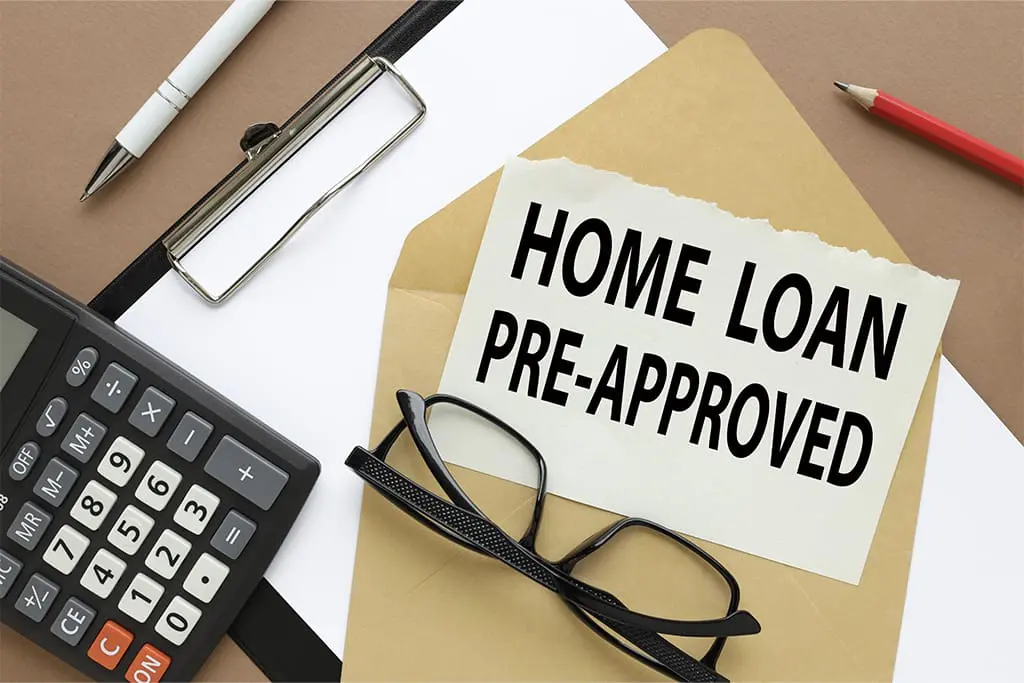Understanding how long a mortgage pre-approval lasts is essential for anyone considering buying a home. Mortgage pre-approval is a critical step in the home-buying process, giving potential buyers a clear picture of how much they can afford. This guide will explore everything you need to know about mortgage pre-approval, including its duration, its importance, and how to maintain it throughout your home search.
What is Mortgage Pre-Approval?
Mortgage pre-approval is a preliminary evaluation by a lender that determines how much money you are eligible to borrow for a home purchase. This process involves a thorough review of your financial situation, including your credit score, income, and debt levels. Once you receive pre-approval, you have a clear understanding of your budget, which can streamline the home-buying process.
Why is Mortgage Pre-Approval Important?

- Understanding Your Budget Pre-approval gives you a clear picture of how much you can borrow, helping you focus on homes within your budget and avoid wasting time on properties that are out of reach.
- Gaining a Competitive Edge In a competitive housing market, pre-approval can set you apart from other buyers. Sellers are more likely to consider offers from pre-approved buyers, as it indicates you are serious and financially prepared to make a purchase.
- Expediting the Buying Process Having pre-approval in hand can speed up the buying process. Once you find a home, you can move quickly to make an offer, reducing the time needed for loan approval.
How Long Does Mortgage Pre-Approval Last?
Mortgage pre-approval is an important step in the home-buying process, giving you a clearer understanding of your borrowing power and making you a more attractive buyer to sellers. However, this pre-approval doesn’t last indefinitely.
Generally, mortgage pre-approval is valid for 60 to 90 days, but the exact timeframe can vary based on several factors, including the lender’s policies and your financial situation. If you don’t purchase a home within this period, you may need to renew your pre-approval.
Factors Affecting the Duration of Pre-Approval:
Lender Policies
Each lender has its own policies regarding how long a pre-approval is valid. Some lenders offer pre-approvals that last for 90 days, while others might only extend for 60 days. It’s crucial to check with your specific lender to understand their terms and conditions, as this will affect your planning and timeline for purchasing a home.
Changes in Financial Situation
Your financial situation is a key factor in the validity of your pre-approval. If you experience significant changes, such as getting a new job, a change in income, or accumulating more debt, this can impact the lender’s assessment of your creditworthiness. Such changes may necessitate a reassessment or renewal of your pre-approval, as they can alter the amount you’re qualified to borrow.
Read: Aopg Trello – Streamline Your Game!
Market Conditions
The housing market’s dynamics also play a role in how long your pre-approval remains effective. In a fast-paced market with limited inventory and high competition, you might find that pre-approvals need to be renewed more frequently to stay competitive. Sellers often prefer buyers with up-to-date pre-approvals, which demonstrates readiness and financial stability.
Interest Rate Fluctuations
Interest rates can fluctuate over time, affecting your mortgage terms. If interest rates change significantly during your pre-approval period, the terms you initially received may no longer apply. This can lead to needing a new pre-approval to reflect current market conditions and ensure you’re still eligible for the loan amount desired.
Steps to Obtain Mortgage Pre-Approval:
- Check Your Credit Score: A good credit score is crucial for mortgage pre-approval. Review your credit report for errors and take steps to improve your score if necessary.
- Gather Financial Documents: Lenders require documentation such as pay stubs, tax returns, bank statements, and proof of assets.
- Research Lenders: Compare lenders to find the best terms and rates for your situation. Consider working with a mortgage broker to streamline the process.
- Submit an Application: Complete a pre-approval application with your chosen lender. This typically involves a credit check and a review of your financial documents.
- Receive Pre-Approval Letter: If approved, you will receive a pre-approval letter stating the loan amount you qualify for. Use this letter to guide your home search.
The Impact of Mortgage Pre-Approval on Home Buying:

Mortgage pre-approval significantly impacts the home-buying process by providing clarity and confidence to buyers and sellers. It sets realistic expectations for buyers and streamlines negotiations with sellers. Understanding the nuances of pre-approval can enhance your buying experience and help secure your dream home efficiently.
Negotiation Leverage
Having a pre-approval letter gives buyers an edge in negotiations, as sellers are more likely to accept offers from pre-approved buyers who can demonstrate financial readiness.
Time-Sensitive Opportunities
In competitive markets, pre-approved buyers can act quickly on desirable properties, reducing the risk of losing out to other bidders.
Common Challenges and Solutions:
- Low Credit Score: Work on improving your credit score by paying down debt, making payments on time, and avoiding new credit inquiries.
- High Debt-to-Income Ratio: Reduce debt or increase income to improve your debt-to-income ratio. Consider paying off smaller debts to boost your financial profile.
- Inadequate Documentation: Ensure all financial documents are up to date and accurate. Missing or incomplete documents can delay the pre-approval process.
FAQ’s:
1. What is the difference between pre-qualification and pre-approval?
Pre-qualification is an initial assessment based on self-reported financial information, while pre-approval involves a thorough review of your credit and financial documents by a lender, offering a more accurate estimate of your borrowing capacity.
2. Can I make an offer on a home without pre-approval?
While it’s possible, having a pre-approval letter strengthens your offer and demonstrates to sellers that you are a serious and qualified buyer.
3. Does pre-approval guarantee a mortgage?
No, pre-approval is not a guarantee. The final mortgage approval depends on the property’s appraisal, title search, and a comprehensive review of your financial status at the time of purchase.
4. How can I improve my chances of getting pre-approved?
Maintain a good credit score, manage your debts, and ensure your financial documents are accurate and up to date. Consistent income and stable employment also enhance your eligibility.
5. Can I switch lenders after getting pre-approved?
Yes, you can switch lenders after pre-approval. However, you will need to go through the pre-approval process again with the new lender.
6. What happens if my pre-approval expires before I find a home?
You may need to update your financial information with the lender and reapply for pre-approval, especially if there have been significant changes in your financial situation.
Conclusion:
Mortgage pre-approval is a vital step in the home-buying journey, offering benefits that extend beyond merely understanding your borrowing capacity. By preparing thoroughly and understanding the factors influencing pre-approval, you can enhance your buying experience and make more informed decisions. As you embark on this journey, remember that staying informed and proactive is key to navigating the complexities of the mortgage process successfully.
Read More:



